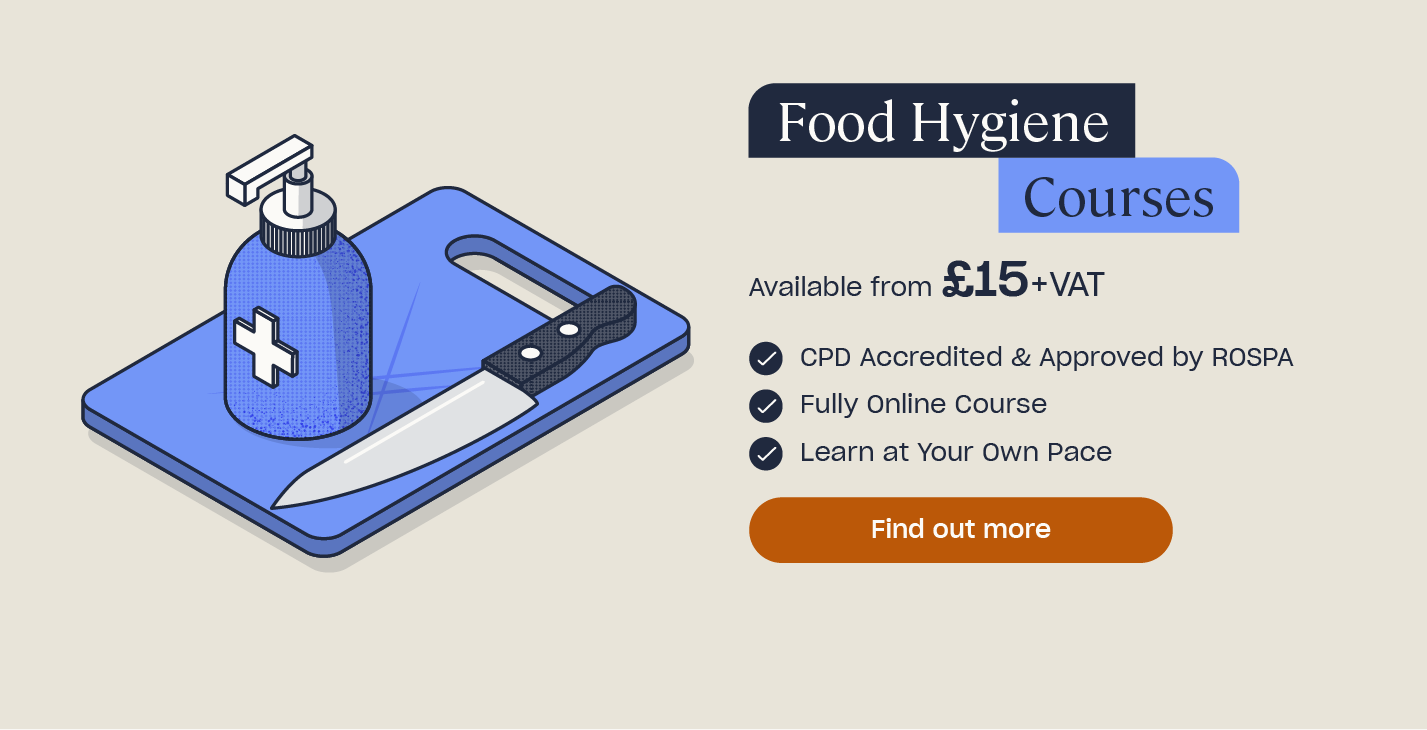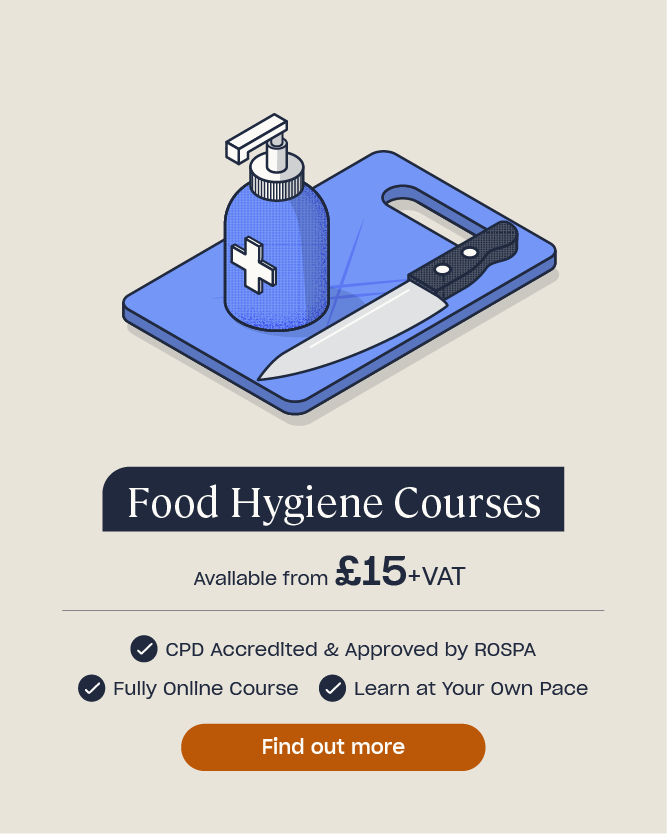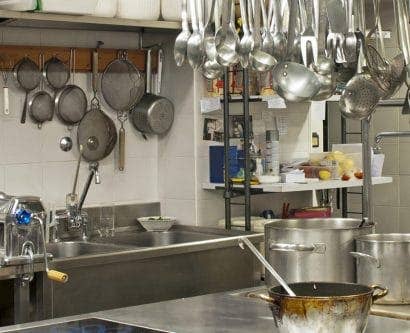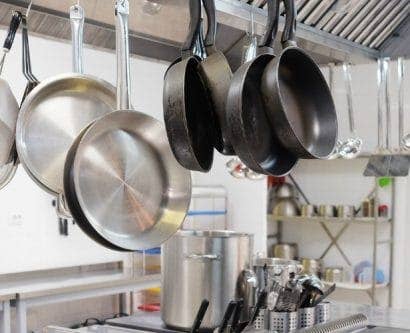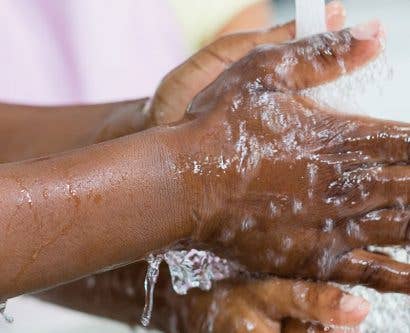How to Prevent E. coli – Ten Top Tips
Escherichia coli, or more commonly E. coli, are a large group of bacteria that live in the intestines of humans and other animals. Most of the bacteria are harmless but some are pathogenic meaning they can cause serious illness or even death.
Where is E. coli Found?
The types of E. coli that cause illness are commonly transferred through contaminated water or food so it is vital that good food safety and hygiene practices are implemented by all levels of food handler.
The bacteria are spread from animal-based products and can have serious effects for children, the elderly or those more susceptible to illness. This is particularly true in the summer months when the warm temperatures encourage the growth of harmful bacteria.
E. coli and Food Handling
If your business handles food, the law currently says that you have a duty to ensure the food you handle, serve and sell is safe for the consumer. The General Food Law Regulation states that a person is committing an offence if they place food on the market that is unfit for human consumption or injurious to health; doing this can result in a fine or imprisonment.
The best way to ensure your business is up-to-date and following the correct, legal advice for food handlers is to take a food safety and food hygiene training course. We offer affordable and certified, online training courses suitable for all levels of food handlers. On completion you will receive a personalised certificate that can be used for food safety law compliance and audit.
Need a Course?
Our Food Hygiene Training is designed to ensure a comprehensive knowledge of all food safety and hygiene procedures. The courses provide learners with up-to-date food hygiene information using a range of written text, interactive exercises and video content to ensure learners thoroughly comprehend their food safety responsibilities.
How to Prevent E. coli
- Wash your hands before you begin handling food, after any contact with animals and in between handling raw and cooked foods.
- Cook meat thoroughly. It needs to have a core temperature of at least 70’C in order to kill most of the harmful bacteria.
- Cook eggs thoroughly, don’t serve them raw.
- Avoid unpasteurised dairy products or juices, pasteurisation ensures the harmful bacteria are killed.
- Wash all surfaces and utensils in between uses to prevent cross-contamination.
- Take care when handling raw meat, particularly poultry. Keep it separate from other foods, in a sealed container and on the bottom shelf of the fridge.
- Never cook partially defrosted food and never reheat things more than once.
- Wash fruit and vegetables thoroughly before eating.
- Don’t drink water from anywhere other than the tap or from a bottle. Rainwater has not been treated or filtered.
- Store food correctly, chill hot foods for storage within 90 minutes and then keep in the fridge. Don’t put hot foods directly into the fridge.
For more information visit the Food Standards Agency website.
Further Resources:
- Level 2 Food Hygiene Quiz
- Food Borne Diseases: A Complete List
- A Short Guide to Acrylamide in Food
- Level 2 Food Hygiene for Catering Course


